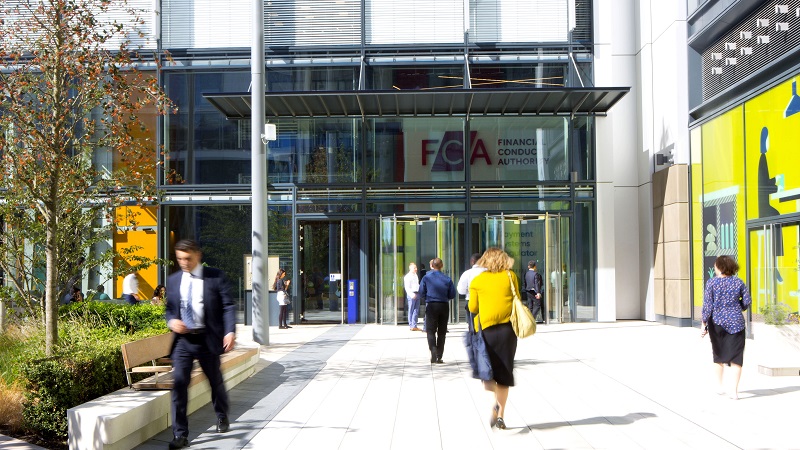The Financial Conduct Authority has revealed 4.1 million UK adults have received financial advice in the past 12 months, around 8% of the population, in its evaluation of the impact of the Retail Distribution Review (RDR) and Financial Advice Market Review (Famr).
Although this is an improvement from the 3.1 million (6%) in 2017, Steven Cameron, pensions director at Aegon, said the figures show that “not enough people are getting the support they need”.
In the RDR/Famr evaluation, the regulator said the advice and guidance market is “moving in the right direction”.
But Cameron believes that, while the two measures raised the issues of professional standards and ‘product bias’ across the industry, they played a key role in “making the advice gap bigger”.
“Despite Famr’s attempts to address this, the advice gap, and alongside it a guidance gap, is still very much alive and kicking and has arguably got worse since the effectiveness review was launched in May 2019.
“Since then, professional indemnity (PI) insurance issues have got worse, Financial Services Compensation Scheme (FSCS) levies have risen further, and the supply of advice on transfers from defined benefit (DB) schemes has fallen ever further behind demand,” he added.
Number of advisers rising since 2016
But the FCA believes there is a positive note coming from its data.
The number of advisers in the market rose to 36,400 in 2019, compared with 35,000 in 2016.
Sheldon Mills, interim executive director of strategy and competition at the FCA, said: “We want consumers to have access to high-quality advice and guidance at the right time in their lives, to give them the confidence to make better investment decisions.
“Our evaluation has found the advice and guidance market is moving in the right direction, but still has further to go. We will play our role to support the market to improve further, in the interest of more consumers. We will use the evidence base this evaluation has given us, along with the responses to our Call for Input on consumer investments, to shape our work to improve the market.”
Adviser frustration over RDR and Famr
But Sarah Waring, client and proposition director at Quilter, said that not enough has been done for the retail and advice space.
“It has been sometime since the regulator’s interventions through RDR and Famr and there is palpable frustration from both the sector and the regulator that more improvements haven’t been made,” she said.
“The supply and demand dynamics within the advice market are complex. Part of the advice gap is the lack of understanding around the value of advice that is on offer and who it benefits.
“Many people think financial advice isn’t for people like them or they wouldn’t benefit from it and this is a significant barrier to entry. Equally, we know advisers are in great demand and under time-pressure.”
‘Technology is clearly not the silver bullet’
The FCA also discovered a surge in the use of robo-advisers, which held £3.2bn in assets in 2019, up from around £400m in 2016.
Additionally, consumer awareness of ‘automated advice’ has increased to 19%, compared to the 10% of 2017.
Quilter’s Waring acknowledges the potential that technology has in filling the advice gap, but also warns that the UK “remains behind markets like the US where the use of technology and artificial intelligence (AI) is more advanced”, and where ‘hybrid’ advice is becoming more common.
She added: “That being said, technology is clearly not the silver bullet. Although there is more awareness of automated advice services, people remain wary.
“The explosion of financial scams during the covid-19 period has made people more wary than ever. The FCA research showed that respondents were concerned that unknown brands might not survive in the market, or that they would have less robust security than the larger established firms.
“Technology is a great democratic power to allow services to reach a wider audience, but we need to be cognisant that when it comes to their money people are very cautious.”
‘UK public needs greater access to advice and guidance’
This creates an opportunity to show people how valuable financial advice actually is, Waring believes.
“People are obviously trying to make good decisions but many are missing out on critical support unless we can create clear boundaries to allow for the provision of guidance, which experience of Pension Wise shows us is likely to augment advice and not threaten it.
“Approximately 750,000 people across the UK now retire each year. We know that now more than ever, people need the value that financial advice has to offer.
“A combination of pension freedoms, the Covid-19 pandemic, volatile markets and the need for wealth to filter down the generations are just some of the reasons the UK public need greater access to advice and guidance on their financial affairs.”
For more insight on international financial planning please click on www.international-adviser.com










